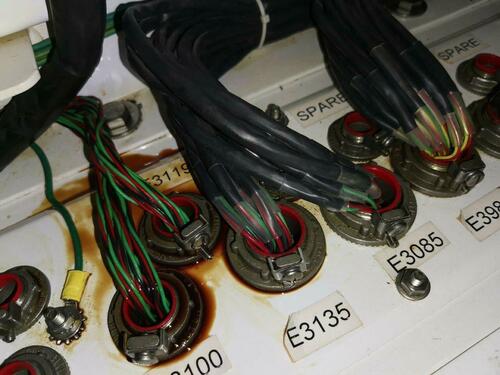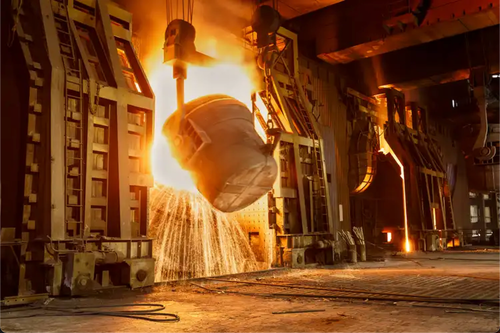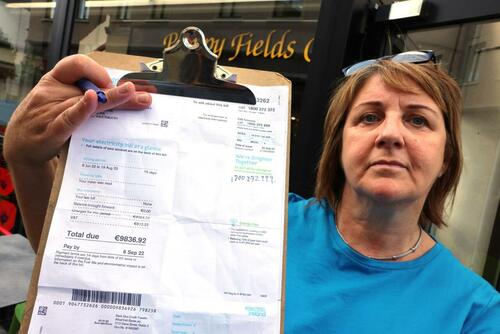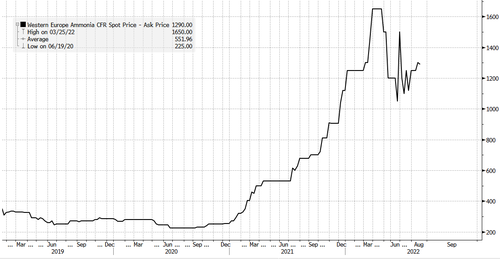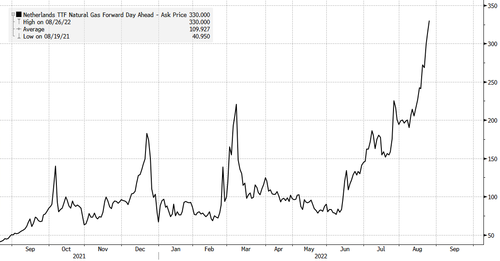 Could you imagine being sent to prison for three years if you dared to set your thermostat above 66 degrees Fahrenheit? As you will see below, this is a proposed regulation that is actually being considered in a major European country right now. If you have not been paying much attention to what is happening in Europe, you need to wake up. Natural gas in Europe is seven times more expensive than it was early last year, and that is because of the war in Ukraine. Over the past few decades, the Europeans foolishly allowed themselves to become extremely dependent on gas from Russia. In fact, more than 55 percent of the natural gas that Germany uses normally comes from Russia. But now the war has changed everything, and Europe is facing an extremely harsh winter of severe shortages, mandatory rationing and absolutely insane heating bills.
Could you imagine being sent to prison for three years if you dared to set your thermostat above 66 degrees Fahrenheit? As you will see below, this is a proposed regulation that is actually being considered in a major European country right now. If you have not been paying much attention to what is happening in Europe, you need to wake up. Natural gas in Europe is seven times more expensive than it was early last year, and that is because of the war in Ukraine. Over the past few decades, the Europeans foolishly allowed themselves to become extremely dependent on gas from Russia. In fact, more than 55 percent of the natural gas that Germany uses normally comes from Russia. But now the war has changed everything, and Europe is facing an extremely harsh winter of severe shortages, mandatory rationing and absolutely insane heating bills.
Things are going to get very cold and very dark all over Europe in the months ahead, and those Europeans that choose to rebel against the new restrictions that are being implemented could literally find themselves in prison…
Switzerland is considering jailing anyone who heats their rooms above 19C for up to three years if the country is forced to ration gas due to the Ukraine war.
The country could also give fines to those who violate the proposed new regulations.
Speaking to Blick, Markus Sporndli, who is a spokesman for the Federal Department of Finance, explained that the rate for fines on a daily basis could start at 30 Swiss Francs (£26).
19 degrees Celsius is just 66 degrees Fahrenheit.
If you live in Europe, prepare to dress very warmly this winter.
…click on the above link to read the rest of the article…


